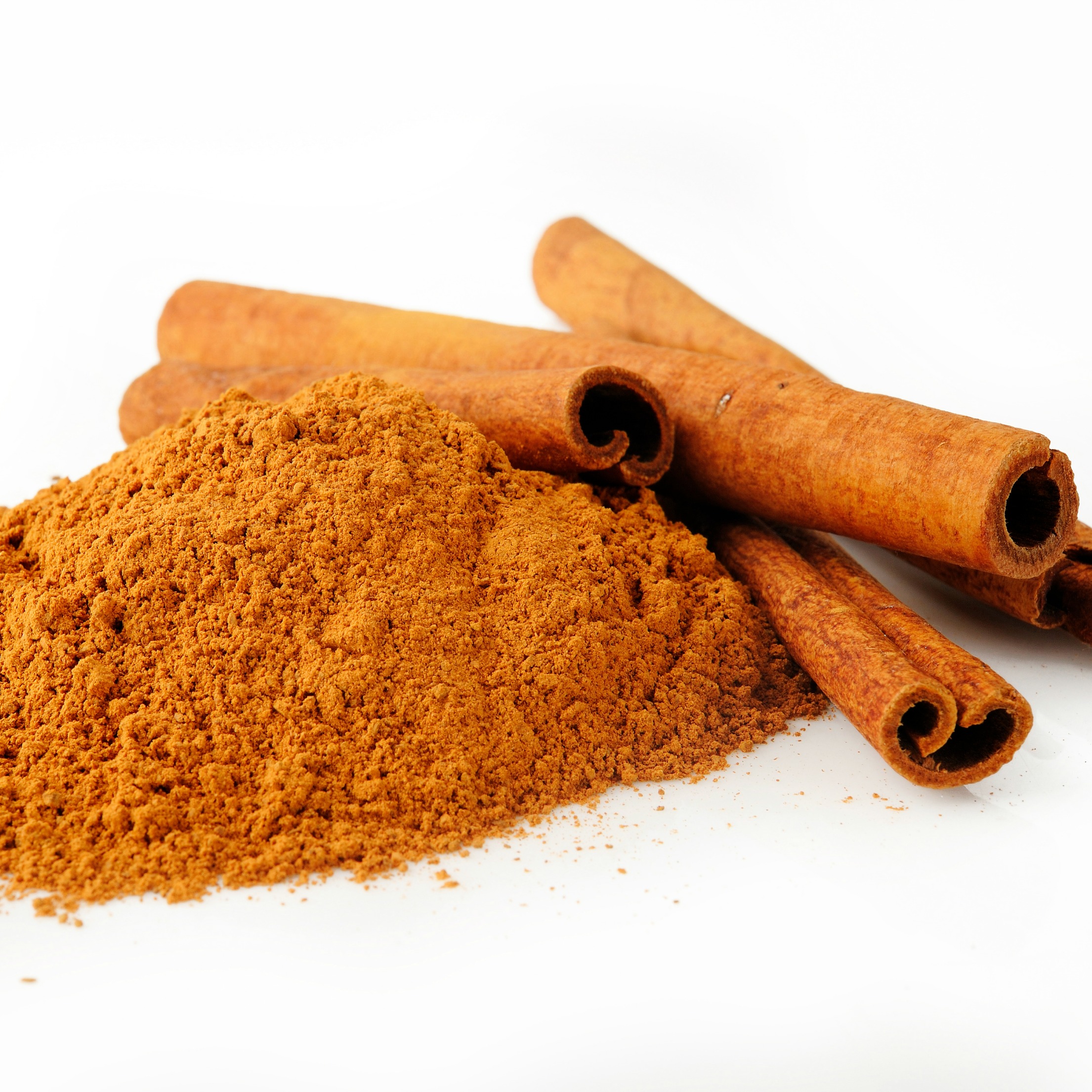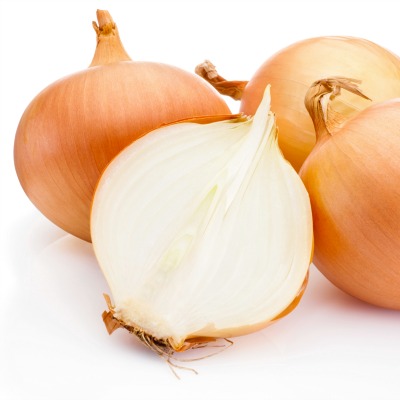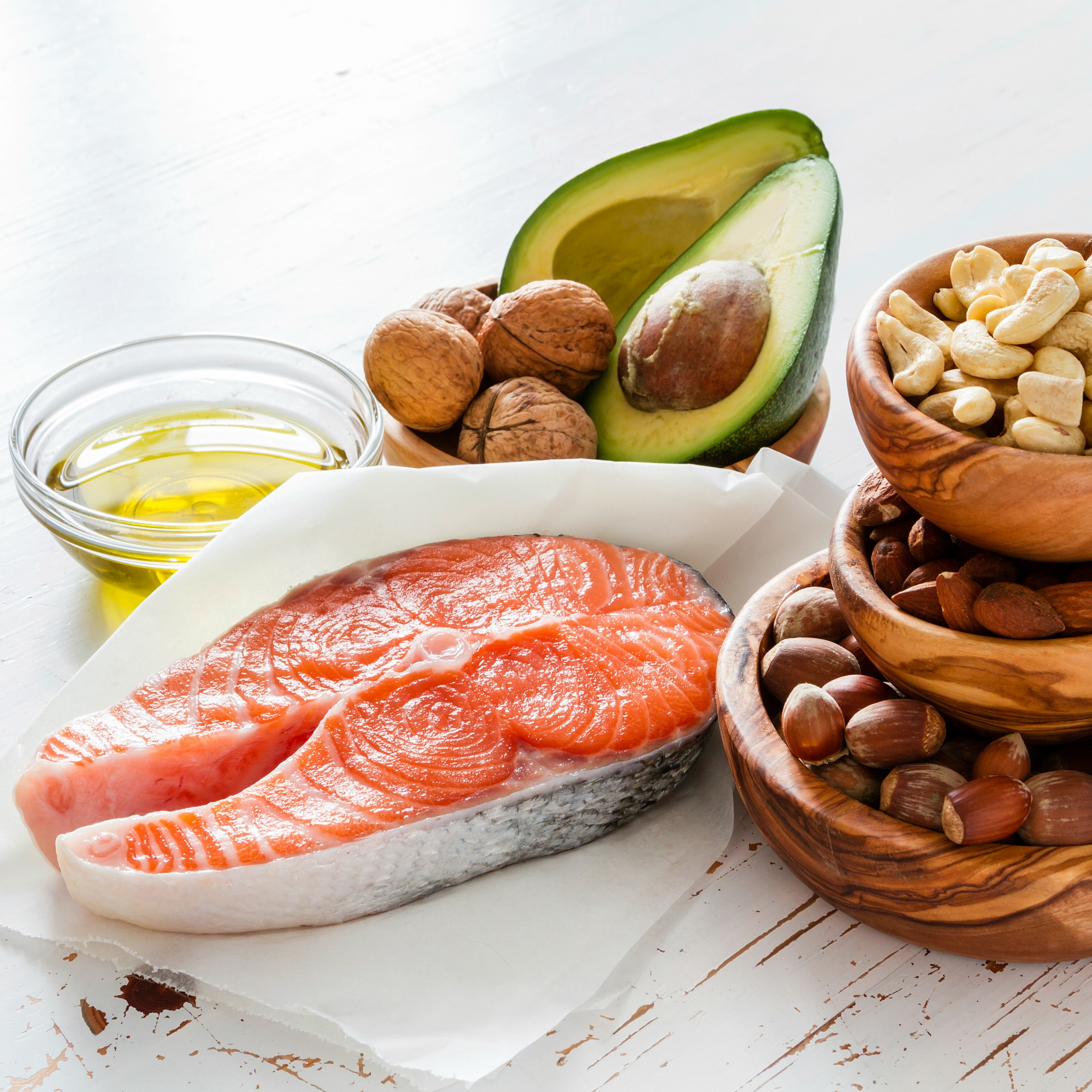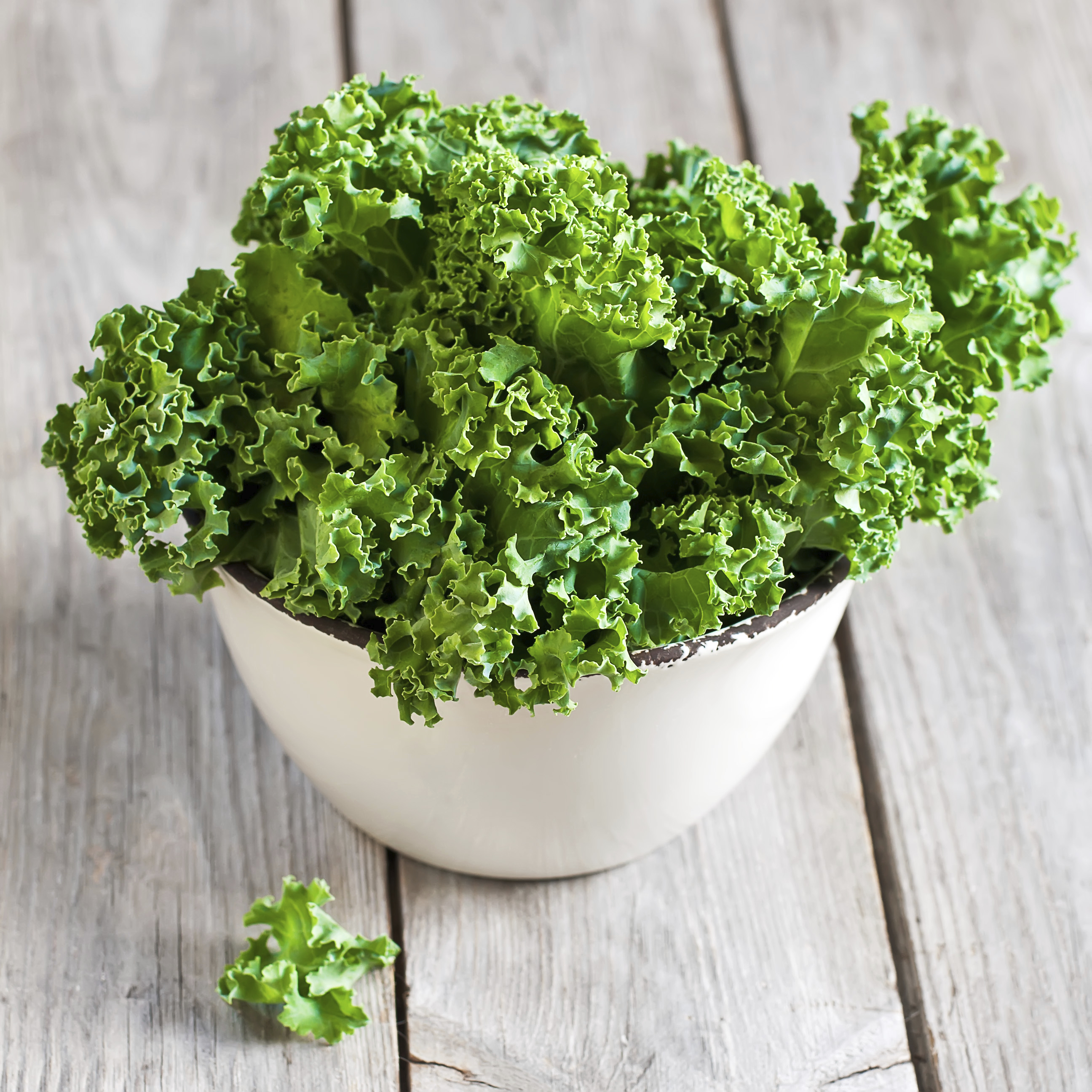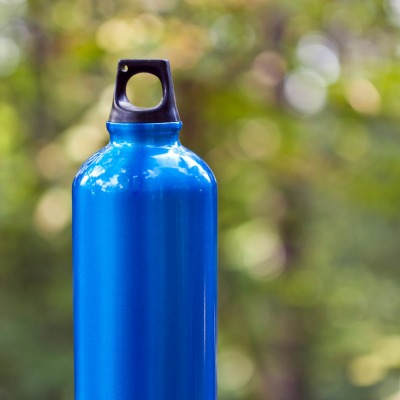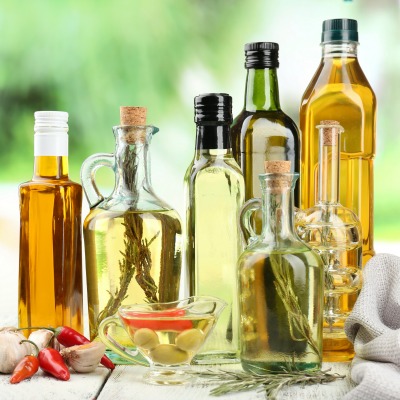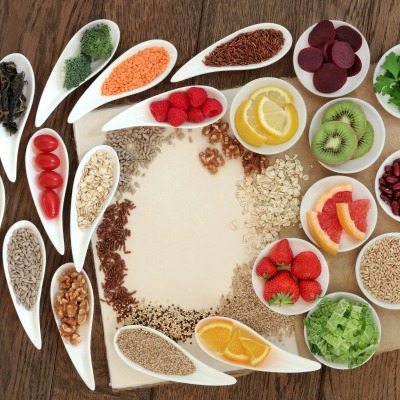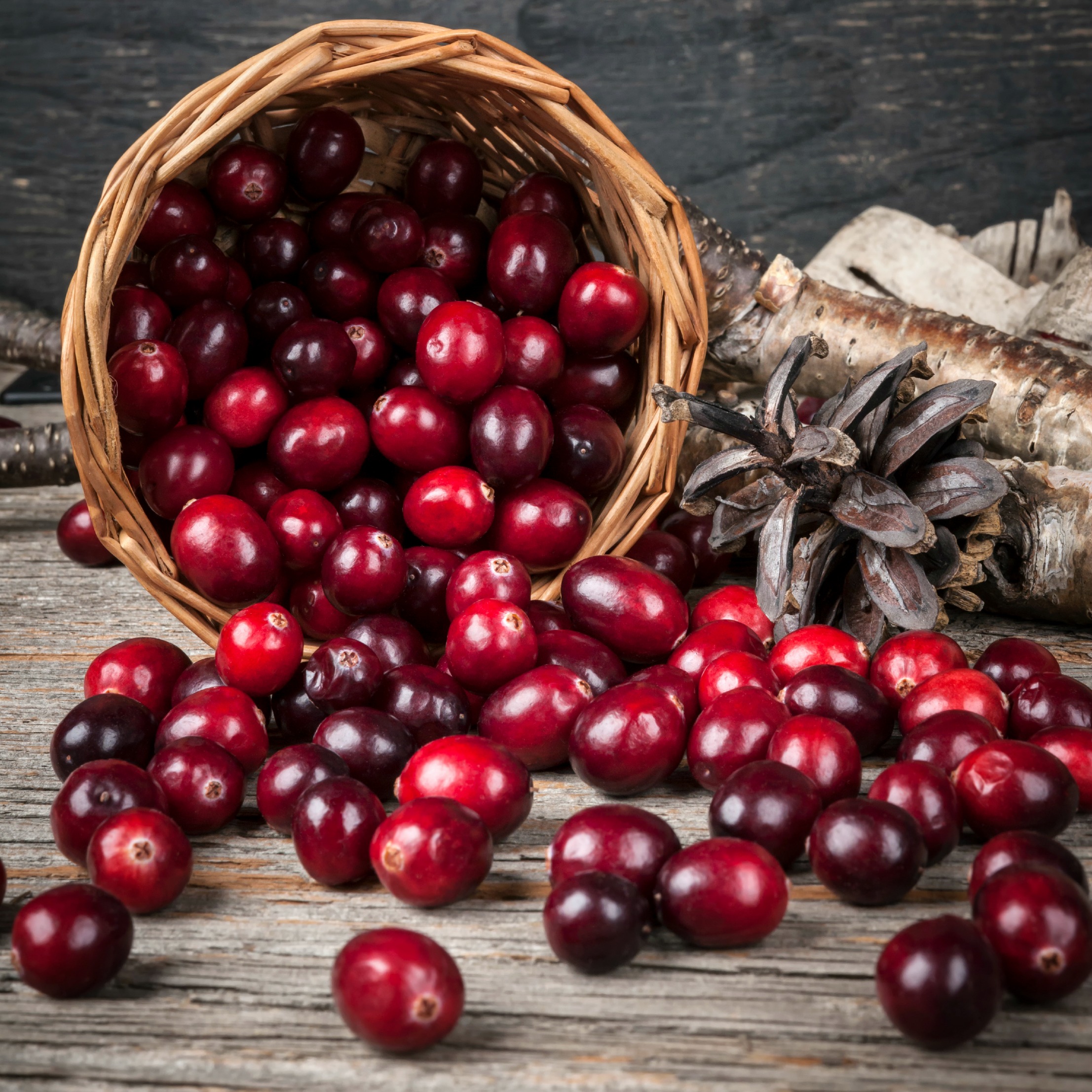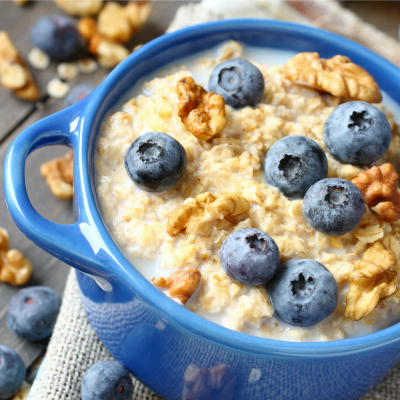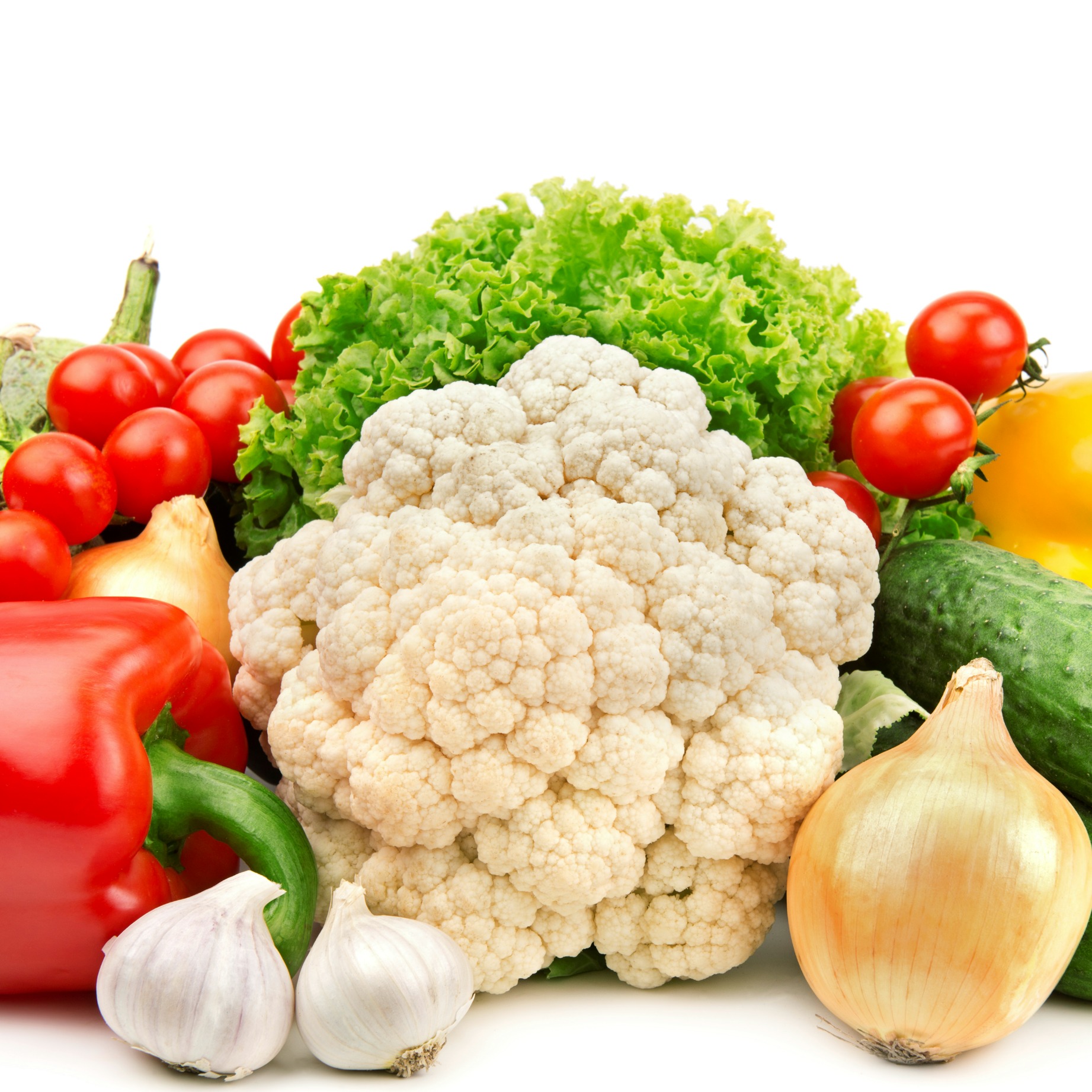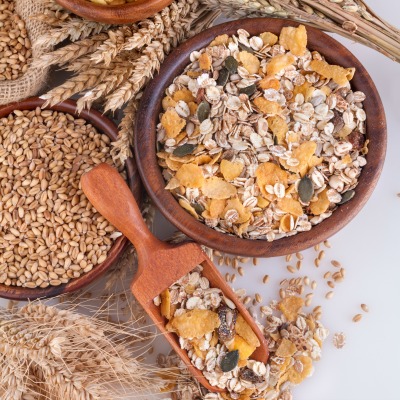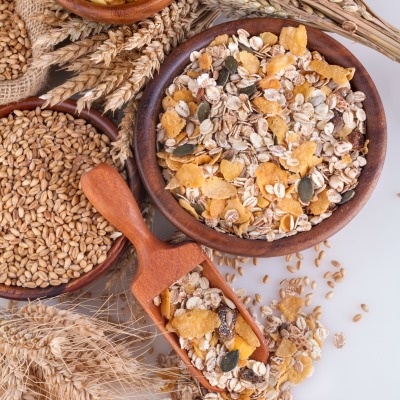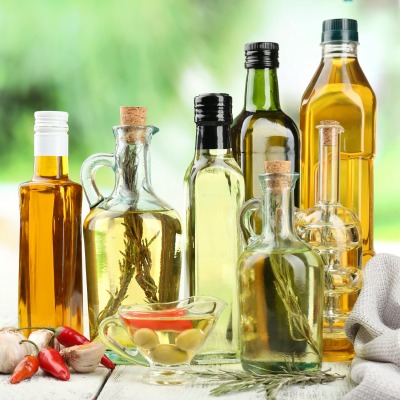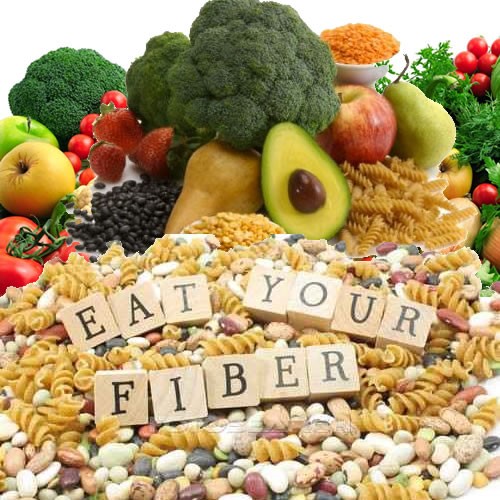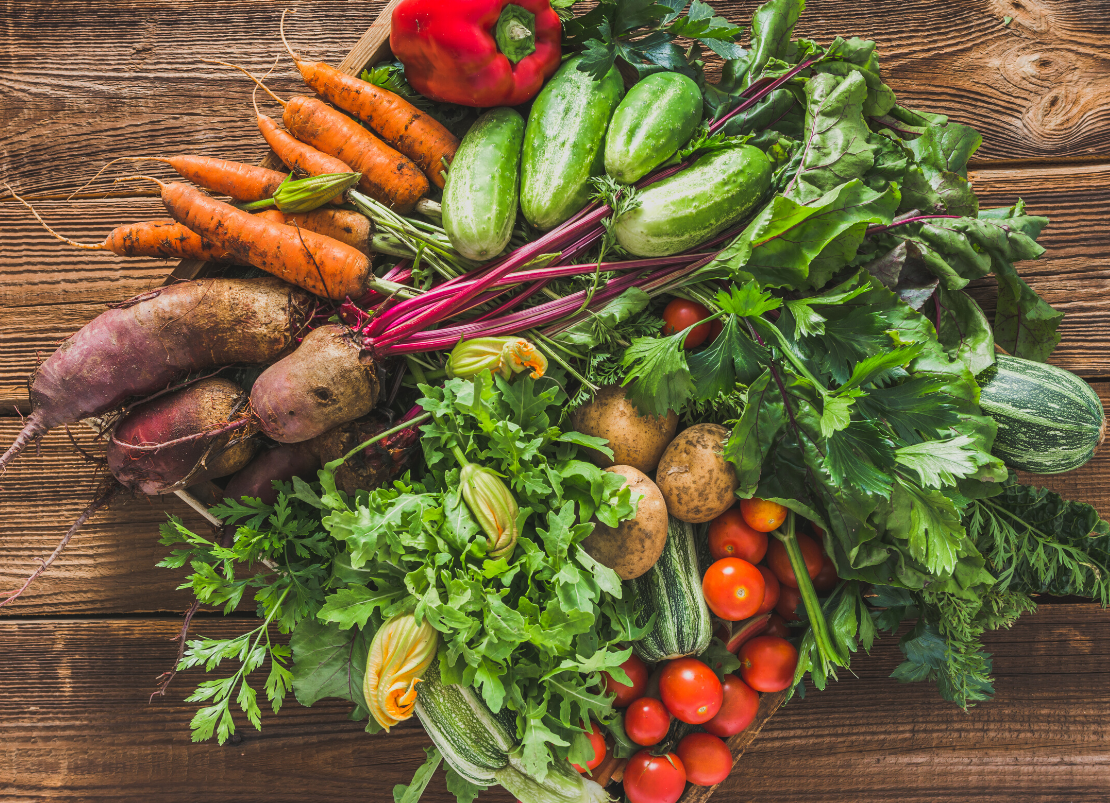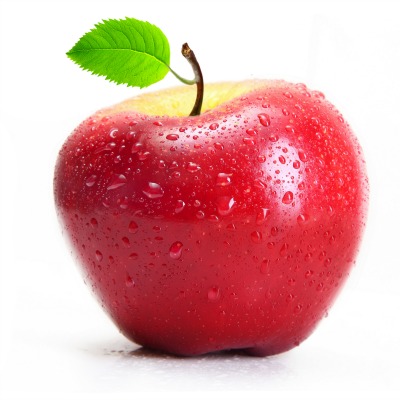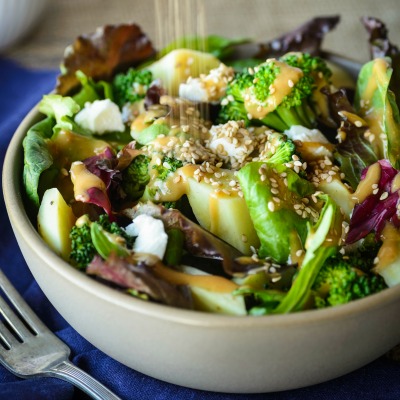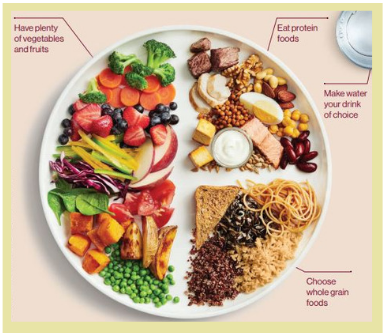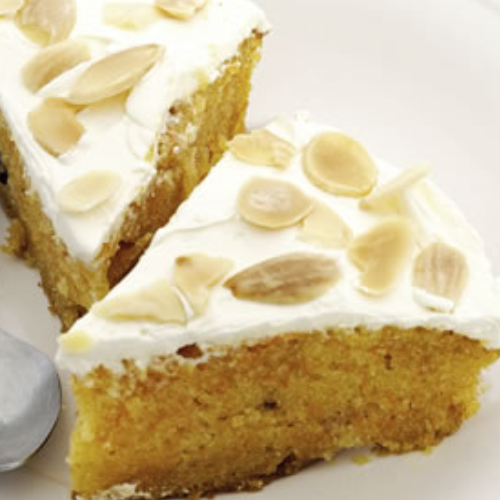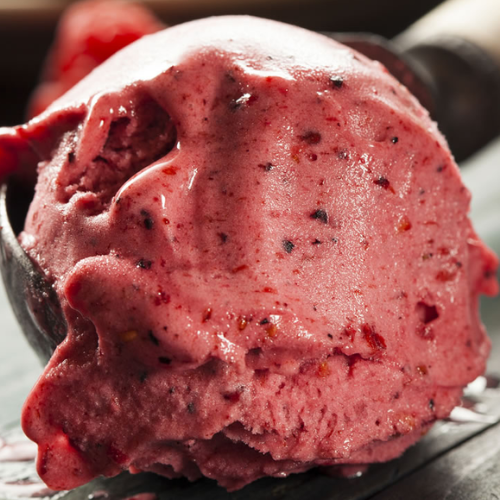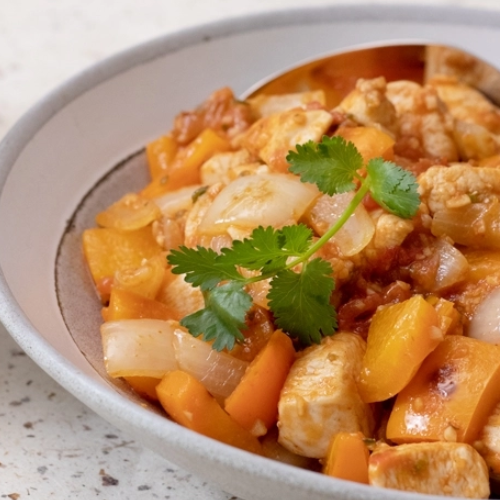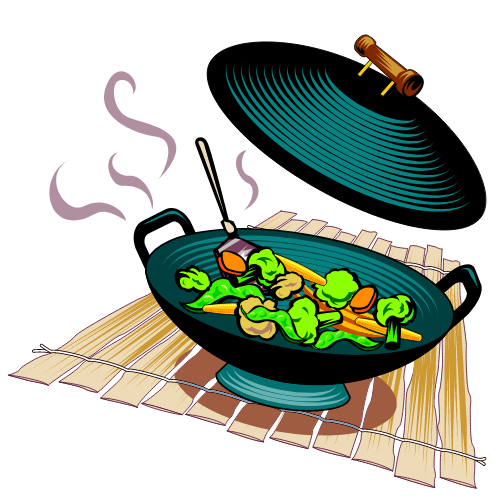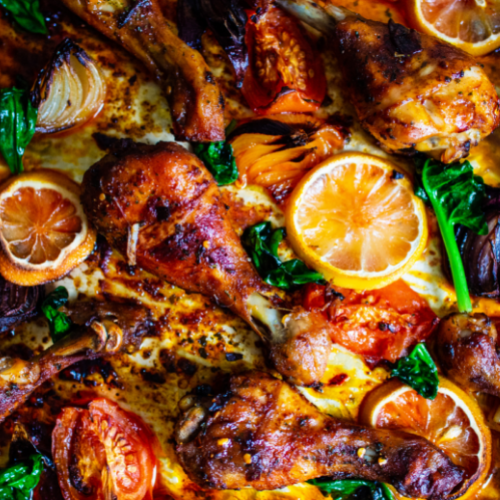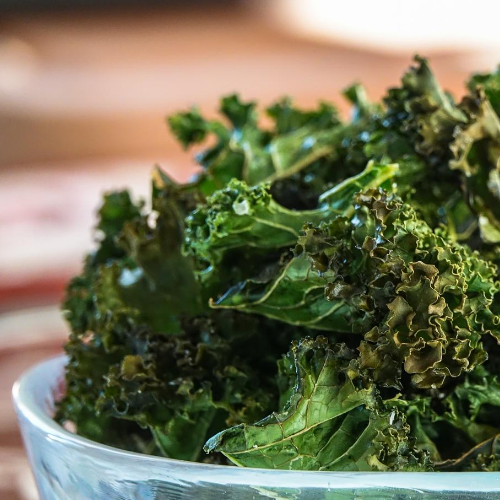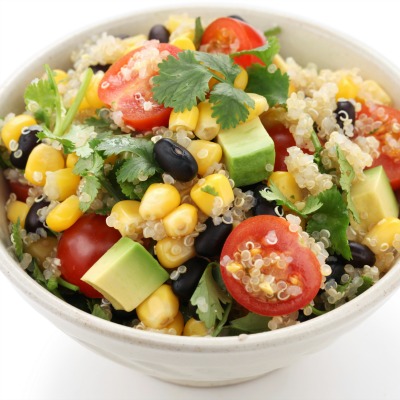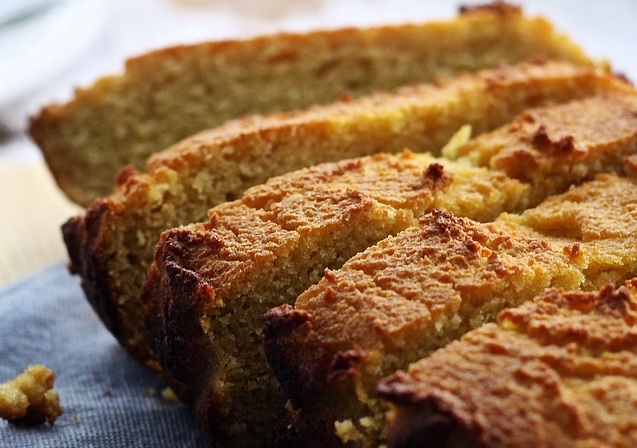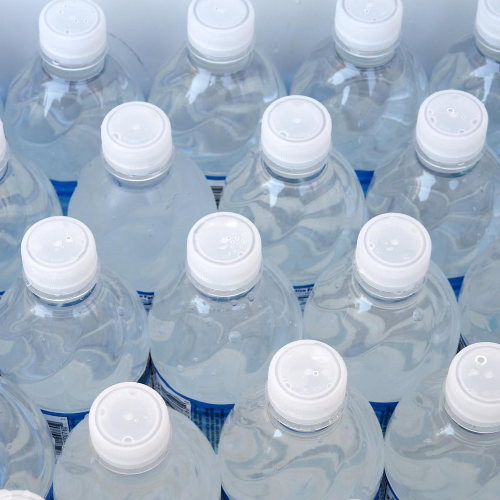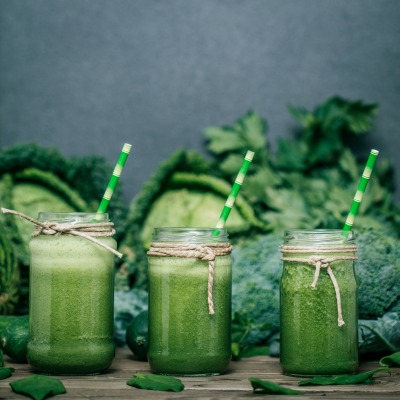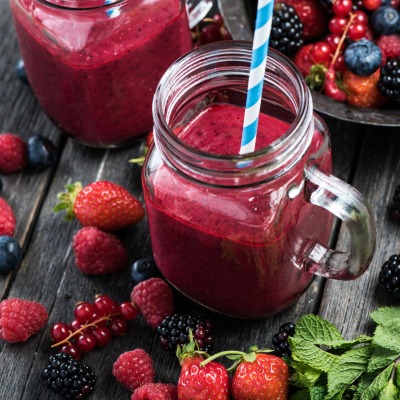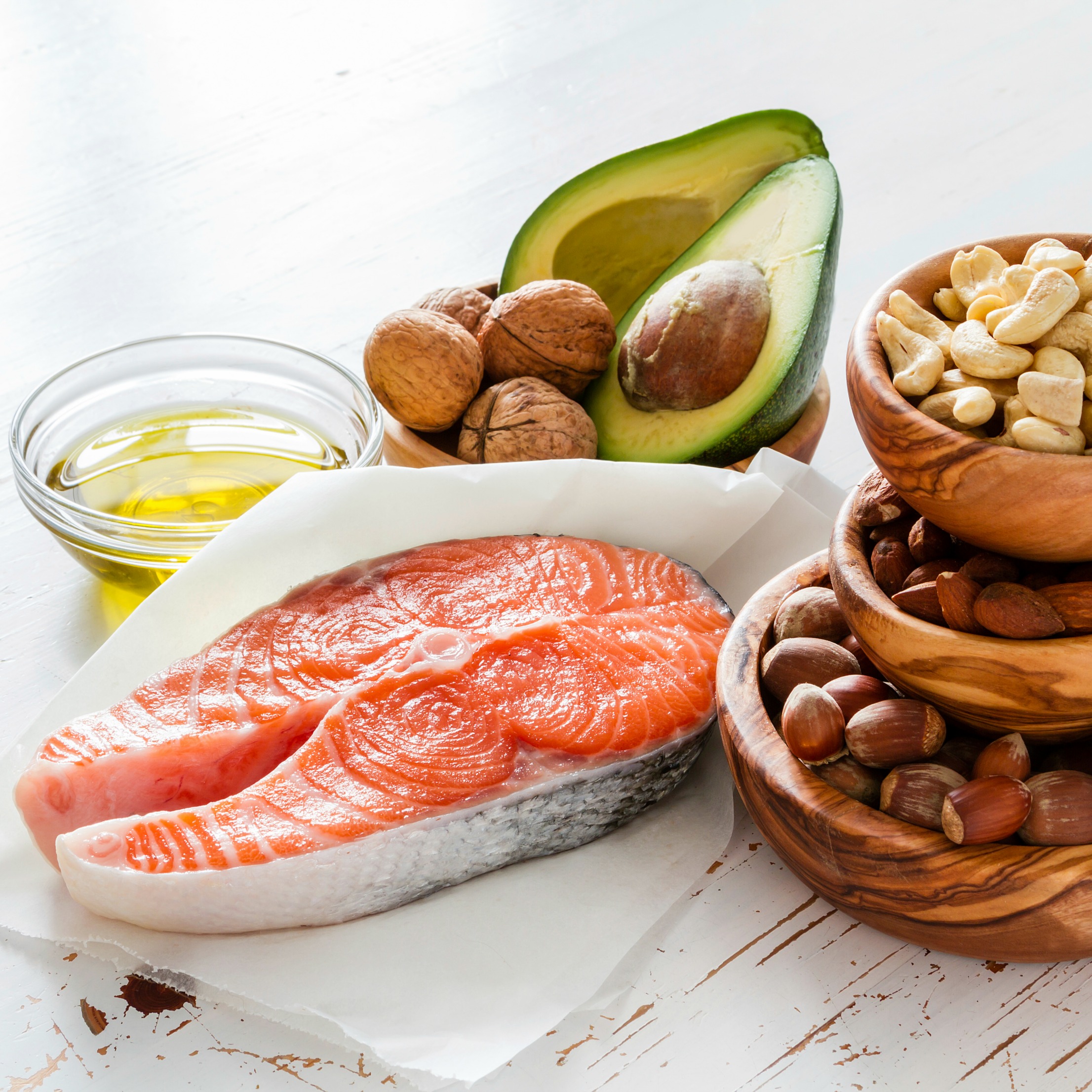
Warmer weather is here which means it's time to indulge on local foods. As it turns out, the refrigerator is not the go-to storage unit for all your produce.

7 types of produce you shouldn’t keep in your fridge
Tomatoes:
- Tomatoes love the heat and hate the cold so the fridge is not the ideal place to store them. Instead store them on your counter (not in direct sunlight) and enjoy them when they’re ripe.
Potatoes:
- Potatoes like cool, not cold temperatures. They do best at around 45 degrees F, which is about 10 degrees warmer than the average refrigerator. Most of us don’t have a root cellar (a cool, dark place to store root vegetables like potatoes), so keeping them in a paper bag in a coolish spot (like a pantry) is best. Why paper? It’s more breathable then plastic so potatoes won’t succumb to rot as easily. And why not the fridge? Storing potatoes at cold temperatures converts their starch to sugar more quickly, which can affect the flavor, texture and the way they cook.
Onions:
- Onions need to be kept in a dry environment like a pantry. Also, lack of air circulation will cause onions to spoil, as will storing them near potatoes, which give off moisture and gas that can cause onions to spoil quickly. Store onions in a cool, dry, dark, well-ventilated place. (Light can cause the onions to become bitter.)
Avocados:
- Avocados don’t start to ripen until after they’re picked from the tree. If you’re buying a rock-hard avocado, don’t store it in your refrigerator, as it slows the ripening process. On the other hand, if you have a perfectly ripe avocado that you’re not ready to use, storing it in the refrigerator may work to your advantage by prolonging your window of opportunity to use it before it becomes overripe. So the bottom line on storing avocados is store hard, unripe avocados on your counter and store ripe avocados in your refrigerator if you’re not going to eat them right away.
Whole Melons:
- Antioxidants in foods, including melons, are prone to break down if they are not stored properly. Whole melons should be kept on the counter at room temperature to maintain these antioxidants, whereas sliced melons should be covered and put in the fridge.
Garlic:
- Eventually, garlic will start to sprout in the fridge, and it may also get rubbery and moldy. You should instead keep garlic in a cool, dry place.
Basil:
- Basil will wilt faster if left in the fridge, and it will also absorb all the smells of the food around it. It's better to keep it out, sitting in a cup of fresh water, and away from direct sunlight.

